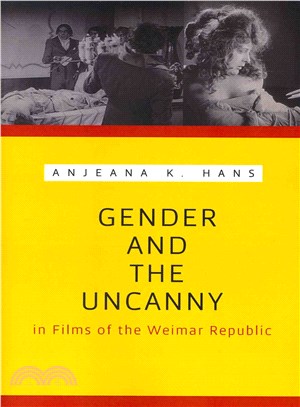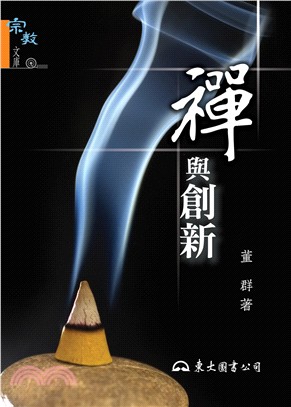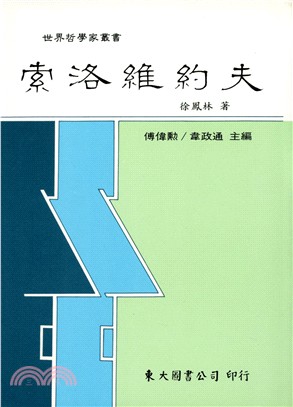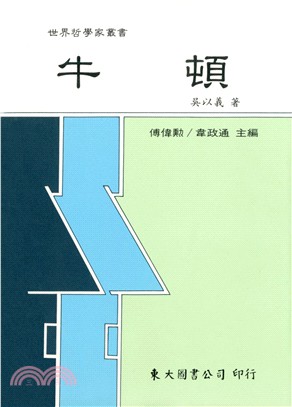Gender and the Uncanny in Films of the Weimar Republic
商品資訊
系列名:Contemporary Approaches to Film and Media Series
ISBN13:9780814338940
出版社:Wayne State Univ Pr
作者:Anjeana Hans
出版日:2014/09/15
裝訂/頁數:平裝/344頁
規格:22.9cm*15cm (高/寬)
商品簡介
The Weimar period in Germany was a time of radical change, when the traditions and social hierarchies of Imperial Germany crumbled, and a young, deeply conflicted republic emerged. Modernity brought changes that reached deep into the most personal aspects of life, including a loosening of gender roles that opened up new freedoms and opportunities to women. The screen vamps, garconnes, and New Women in this movie-hungry society came to embody the new image of womanhood: sexually liberated, independent, and—at least to some—deeply threatening. In Gender and the Uncanny in Films of the Weimar Republic, author Anjeana K. Hans examines largely forgotten films of Weimar cinema through the lens of their historical moment, contemporary concerns and critiques, and modern film theory to give a nuanced understanding of their significance and their complex interplay between gender, subjectivity, and cinema.
Hans focuses on so-called uncanny films, in which terror lies just under the surface and the emancipated female body becomes the embodiment of a threat repressed. In six chapters she provides a detailed analysis of each film and traces how filmmakers simultaneously celebrate and punish the transgressive women that populate them. Films discussed include The Eyes of the Mummy (Die Augen der Mumie Ma, Ernst Lubitsch, 1918), Uncanny Tales (Unheimliche Geschichten, Richard Oswald, 1919), Warning Shadows (Schatten: Eine nachtliche Halluzination, Artur Robison, 1923), The Hands of Orlac (Orlacs Hande, Robert Wiene, 1924), A Daughter of Destiny (Alraune, Henrik Galeen,1928), and Daughter of Evil (Alraune, Richard Oswald, 1930). An introduction contextualizes Weimar cinema within its unique and volatile social setting.
Hans demonstrates that Weimar Germany’s conflicting emotions, hopes, and fears played out in that most modern of media, the cinema. Scholars of film and German history will appreciate the intriguing study of Gender and the Uncanny in Films of the Weimar Republic.
作者簡介
主題書展
更多書展本週66折
您曾經瀏覽過的商品
購物須知
外文書商品之書封,為出版社提供之樣本。實際出貨商品,以出版社所提供之現有版本為主。部份書籍,因出版社供應狀況特殊,匯率將依實際狀況做調整。
無庫存之商品,在您完成訂單程序之後,將以空運的方式為你下單調貨。為了縮短等待的時間,建議您將外文書與其他商品分開下單,以獲得最快的取貨速度,平均調貨時間為1~2個月。
為了保護您的權益,「三民網路書店」提供會員七日商品鑑賞期(收到商品為起始日)。
若要辦理退貨,請在商品鑑賞期內寄回,且商品必須是全新狀態與完整包裝(商品、附件、發票、隨貨贈品等)否則恕不接受退貨。
























